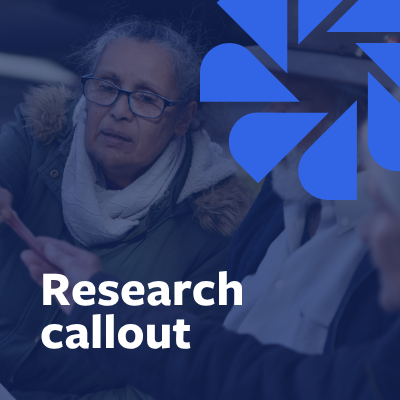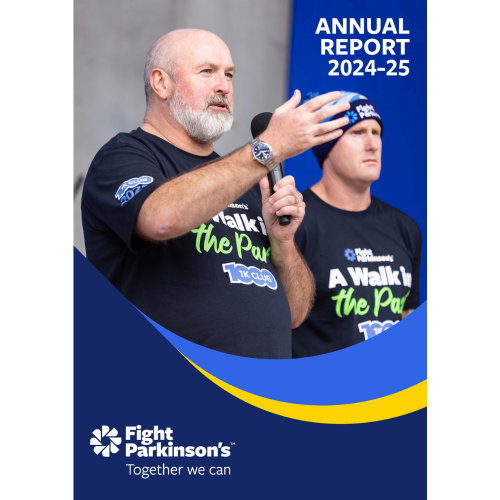Parkinson’s can result in a decline in gait – or the manner or style of walking. Symptoms include shuffling and freezing, which in addition to reducing mobility, also impact quality of life and loss of confidence.
According to the researchers, existing assistive devices that help alleviate freezing of gait can only provide non-adaptive assistance regardless of the patient’s condition. This project explores the potential of using adaptive algorithms to alter gait patterns.
In other words, it will investigate whether implementation of an algorithm that optimises the pace of auditory cues will make it easier for participants to better adjust and adhere to the new walking pace, compared to cues delivered at a fixed pace.
What does it involve?
As part of the study, you will be asked to perform a series of walking sessions following a set auditory cues at Monash University’s Clayton campus. Participants will be audio and video recorded and movement data recorded using a small sensor placed above the knee.
Who is eligible?
To be eligible for this study you must:
- Be in the early stages of Parkinson’s
- Experience mild gait impairment
- Not be taking any Parkinson’s medication
- Not experience any hearing loss.
Next steps
If you are interested in participating in this research, contact Tina via email, [email protected] to register your interest. If eligible, you will be sent an explanatory statement detailing all the relevant information.



